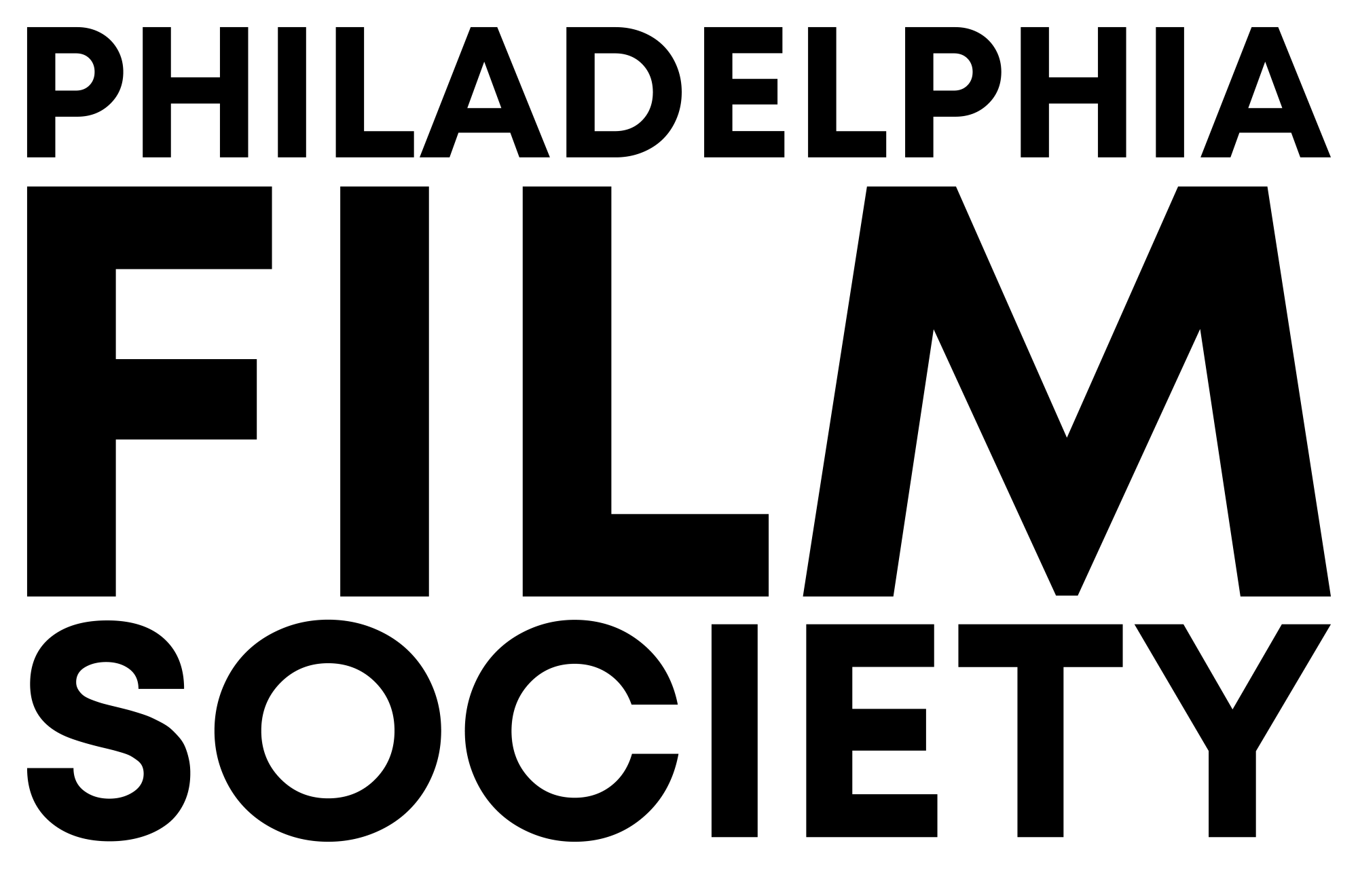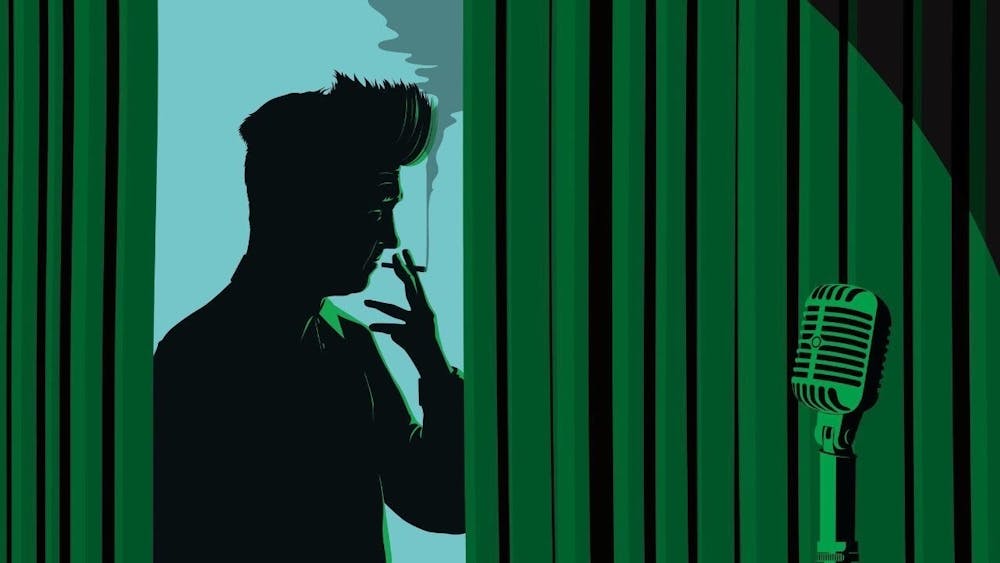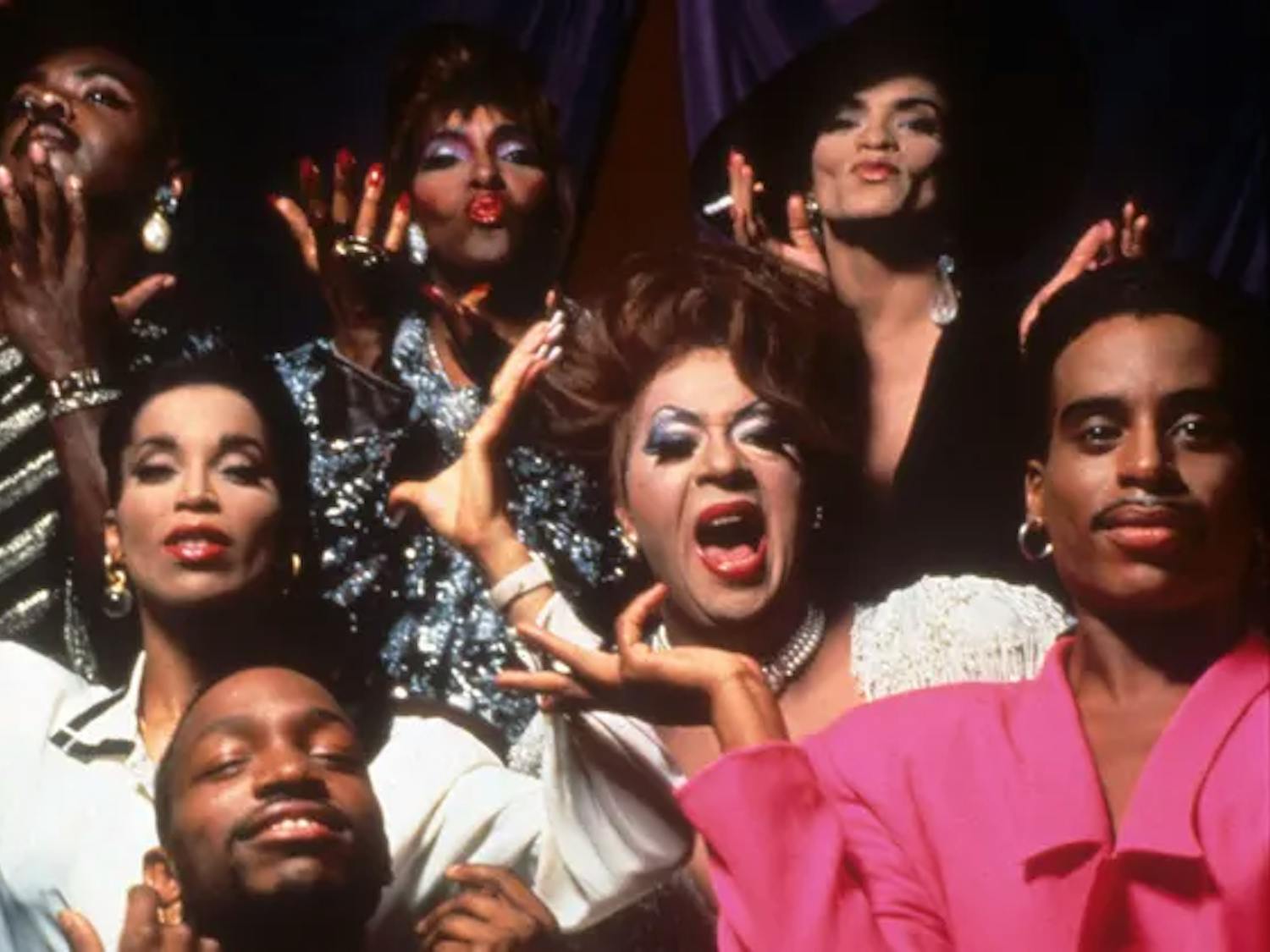There is a good chance that an unsuspecting filmgoer who has never even heard the name David Lynch uttered could walk into a screening for a film like Lynch/Oz, and yet even without that prior knowledge of his work, without knowing a thing about the guy at all, would leave the theater with a humble grin plastered across their face.
Alexandre O. Phillippe’s 2022 documentary, Lynch/Oz, is an enamoring puzzle map of the dreamscape of film through the eyes of the human subconscious. The premise of the film--the question of how The Wizard of Oz influenced David Lynch’s work-- gives way to a multitude of perspectives, all tying honorable boy scout-level knots of wonder for the viewer to attempt to undo. However, through the lens of Lynch/Oz, a viewer might ultimately find this skill to be laced within the very fibers of their creative being already. The ability to make subconscious connections— an ability gained from childhood— allows us to take a peek behind the curtain that is often placed between filmmaker and the audience.
Lynch/Oz embarks on its quest to answer the question of the impact The Wizard of Oz has on David Lynch’s work, and in the process, it creates a door that drives you deeper into the chaos of the conscious and subconscious mind as you work to find your way back home. Lynch/Oz is a minefield for film nerds, as it takes its integral premise and expands on it tenfold for the viewer. Video essay fanatics and film lovers are sure to enjoy this dreamscape narrative of life, as Phillippe has crafted a beautifully obsessive yet composed puzzle map that explores creative influence.
Each part of Lynch/Oz dives deeper into the question being asked, intricately exploring topics such as the influence of film on children, the life of Judy Garland, and the harsh conditions of working on a set in the film industry. Separated into six different parts, Lynch/Oz invites the voices of six different filmmakers to narrate and contribute their own unique creative experiences, further tearing into the very core of the question and allowing the viewer to develop a better understanding of its larger thesis. The scope of the film extends to a very wide range of audiences, as both Lynch fans and non-Lynch fans will take something meaningful away from this experience, one that will invigorate the creative minds of many, and hopefully in practice, will continue the cycle of influence for generations to come.
This film critique was written by a youth fellow in the Bullhorn x Philadelphia Film Society Youth2Critic Fellowship.
The PFS Youth2Critic Training Fellowship is a program built around the belief that film criticism helps shape our cultural landscape. It shapes the films we see, but even more, it shapes how we remember those films into the future. Film criticism is a record of the way those we give a voice view film. And PFS believes young people's perspectives need to be lifted up and given that voice.
The Youth2Critic Fellowship gives 4-6 high school students each year the unique opportunity to be trained in the art of criticism by Philadelphia film critics and scholars, to see word class cinema as a part of the Philadelphia Film Festival and PFS year-round programming, and to publish 5-7 pieces of original film criticism in the Bullhorn.
Thank you to the Philadelphia Film Society for their collaboration and support.





